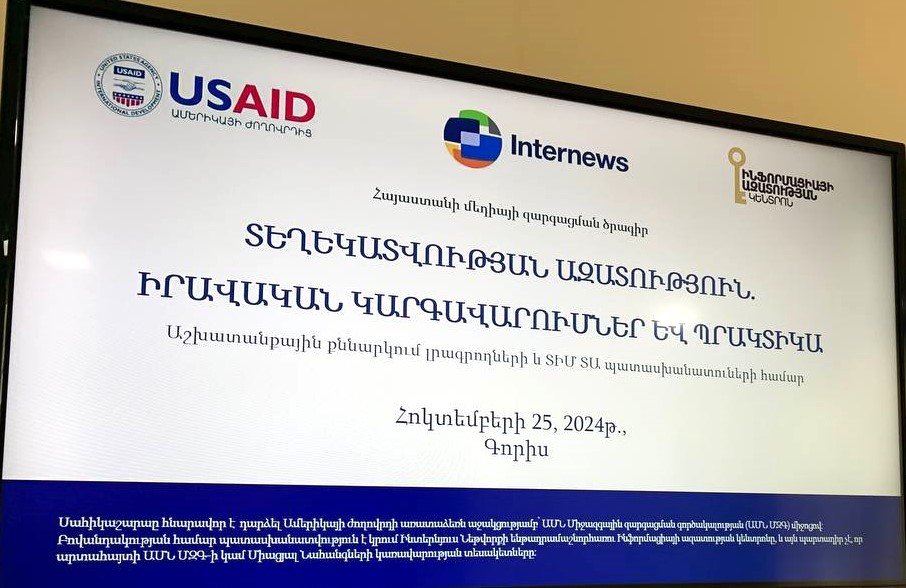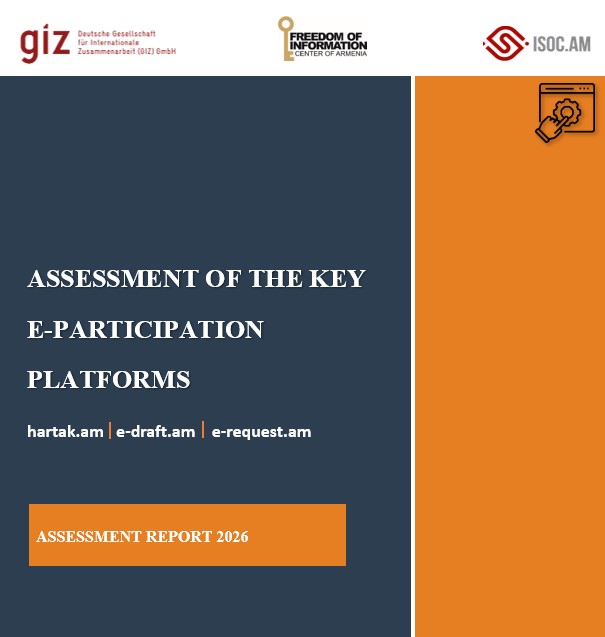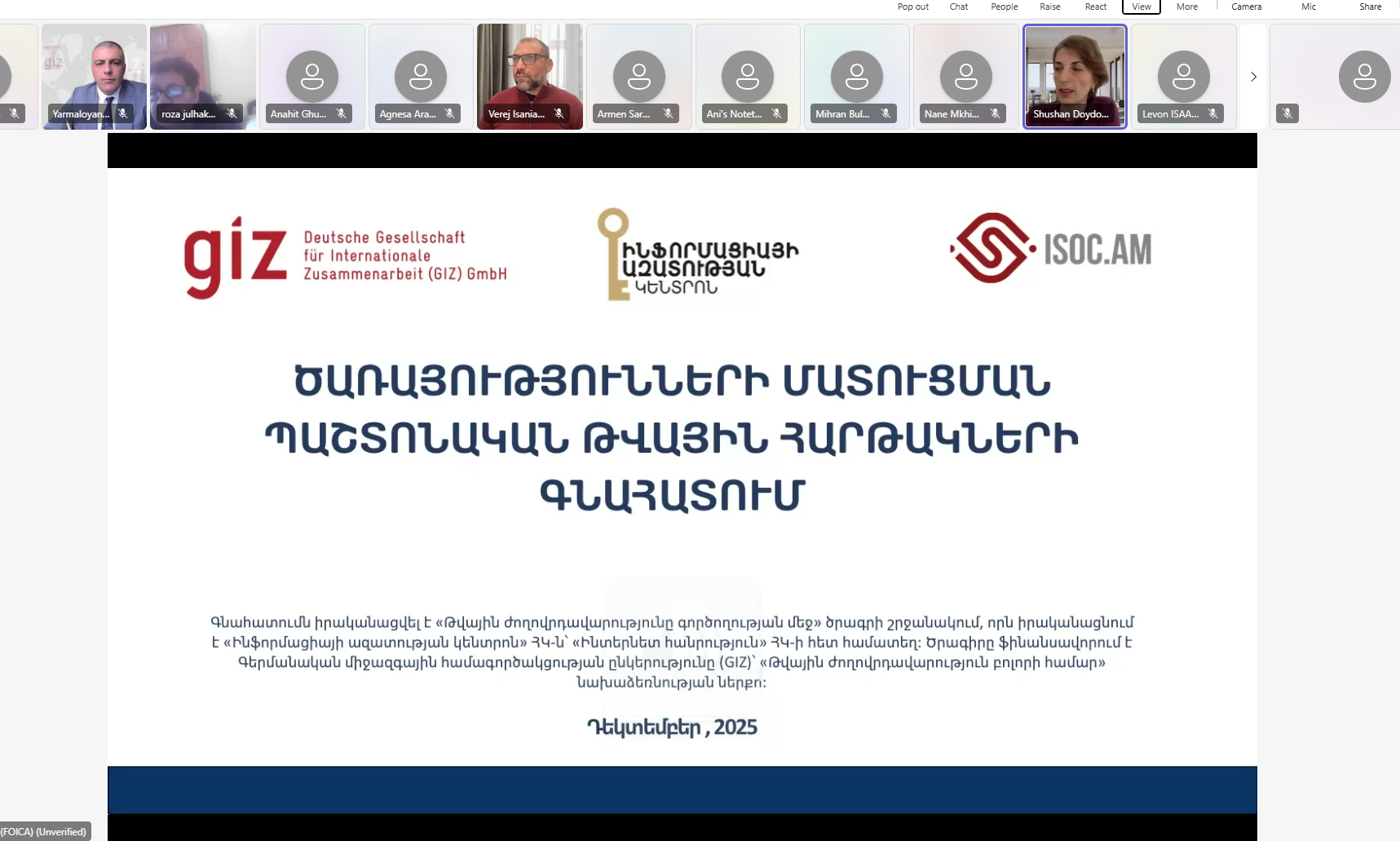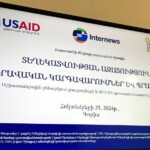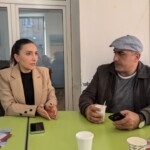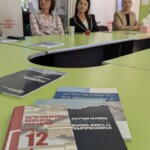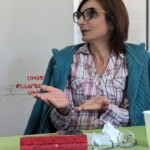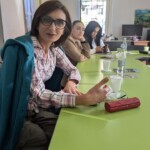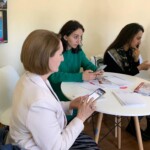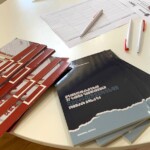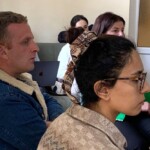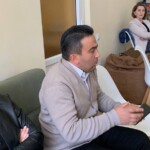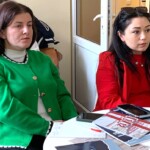To enhance transparency and strengthen the implementation of Freedom of Information (FOI) laws in Armenia, the Freedom of Information Center (FOICA) conducted training sessions with regional journalists and local government officials. These sessions, organized under the Media Program in Armenia project, were held in Vanadzor on October 23 and in Goris on October 25.
FOICA’s initiative addressed the growing need for collaboration between local authorities and journalists, both vital in safeguarding the public’s right to information. By bringing together municipal employees responsible for managing community-held data and regional journalists, the sessions aimed to foster understanding and improve sector-specific skills. The agenda, tailored to the priorities of both groups, provided a platform to discuss FOI practices in municipalities and bridge the perspectives of journalism and public service.
“This format promotes both learning and dialogue,” explained FOICA expert Gevorg Hayrapetyan. “We can address broader, nationwide issues while examining local practices shared by participants. By discussing specific cases, we identify whether challenges stem from legal violations or regulatory gaps.”
The meetings began with a presentation of the findings from the “Journalists’ Right to Information-2024” survey, conducted in April. Participants reviewed how these findings reflected regional FOI practices and proposed solutions that considered the roles and needs of both journalists and government representatives. A key highlight was the opportunity to receive expert guidance on specific issues and engage in constructive discussions based on real feedback from both sides.
“These meetings are essential for tackling challenges and finding collaborative solutions,” said Robert Balayan, representative of MIG TV and Radio Company. “They allow on-site discussions of specific issues and provide practical, situation-specific advice. The involvement of the expert community is invaluable, offering legal insights and actionable recommendations. Ideally, such discussions should also include community leaders, as they are often the true decision-makers in FOI matters.”
Local government officials echoed the importance of engaging community leaders. Anna Gasparyan, Chief Specialist of the Lori Governor’s Office, emphasized: “These discussions are highly beneficial, enabling journalists to share their insights while experts propose solutions. Community leaders must align with the principles practiced by information officers. I believe such meetings will enhance their decision-making and improve collaboration with specialists.”
Similarly, Armine Avagyan, Assistant to the Syunik Governor, called for regular sessions involving all regional community leaders and information officers. “These discussions create a valuable space for journalists and government representatives to review information access processes and identify solutions. Expert clarifications help reduce challenges and streamline procedures. Given the ongoing nature of these issues, regular discussions are needed, particularly involving border community leaders, to ensure accurate and effective information sharing,” she noted.
The assistant to the head of the Tegh community urged journalists to verify information from multiple reliable sources, particularly during tense border situations, before publishing. FOICA experts proposed developing pre-established procedures for providing information in border communities, allowing sensitive, security-related information to be appropriately classified as confidential. This would enable timely and comprehensive information sharing while ensuring justified refusals when necessary.
Journalists shared their experiences with information access, noting a preference for phone calls due to personal connections within their regions. Many admitted to avoiding the e-request platform due to a lack of awareness, technical challenges, and the perception that registration and the use of electronic signatures were cumbersome.
“The demonstration of the unified e-request platform was particularly valuable,” noted Karine Simonyan, Lori correspondent for Radio Liberty. “Previously, I avoided the platform due to the electronic signature requirement, but the FOICA expert’s explanations showed me how to use it effectively to send requests and track their progress.”
FOICA representatives presented a step-by-step guide for registering and using the platform, highlighting its advantages and encouraging journalists to incorporate it into their daily work.
Overall, the majority of participants found the sessions constructive and called for regular meetings, emphasizing the importance of ongoing dialogue between journalists and local government to advance FOI practices.
The training sessions were organized by the generous support of the American people through the United States Agency for International Development (USAID). The contents are the responsibility of the Freedom of Information Center, a subrecipient of Internews Network, and do not necessarily reflect the views of USAID or the United States Government.

